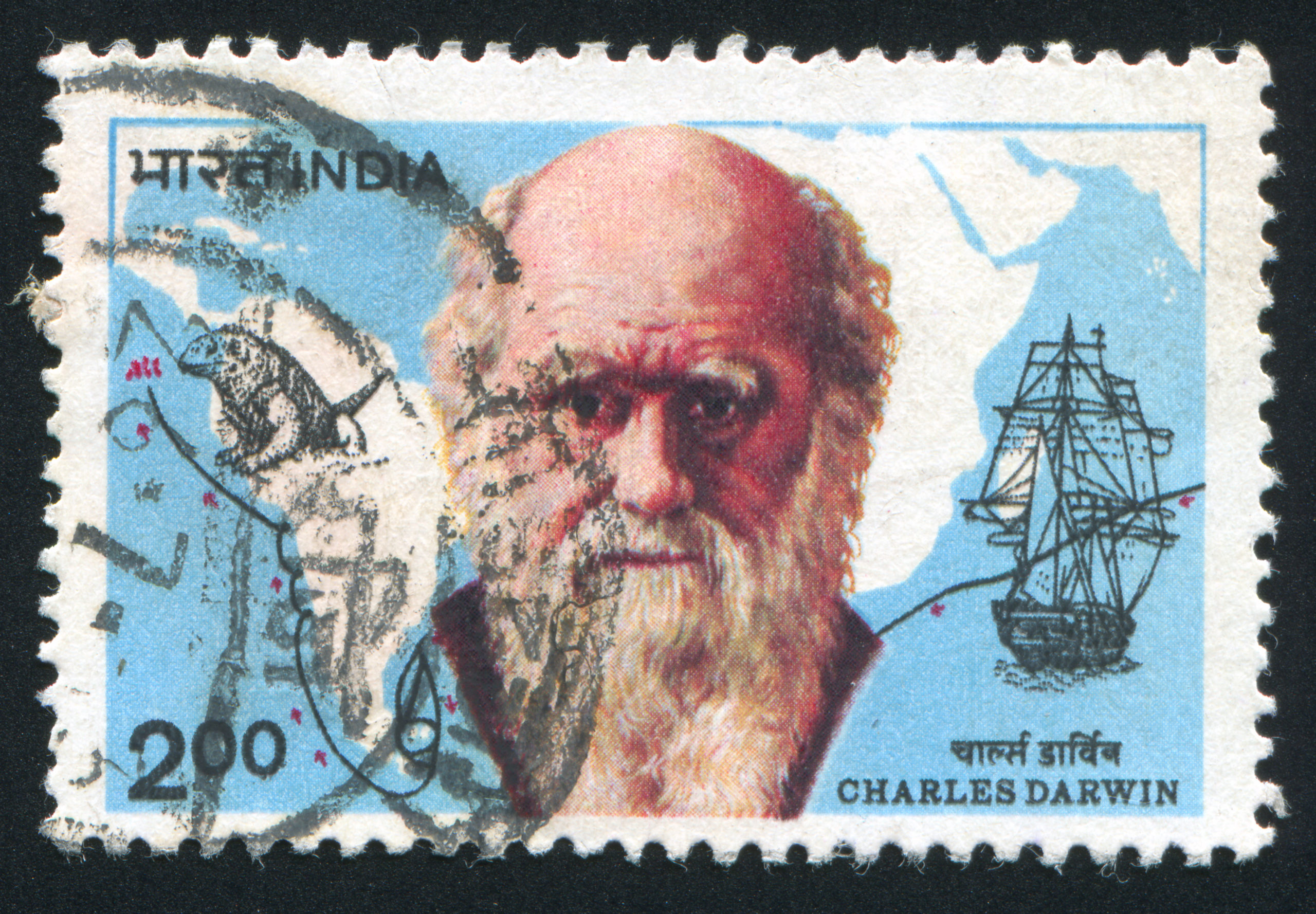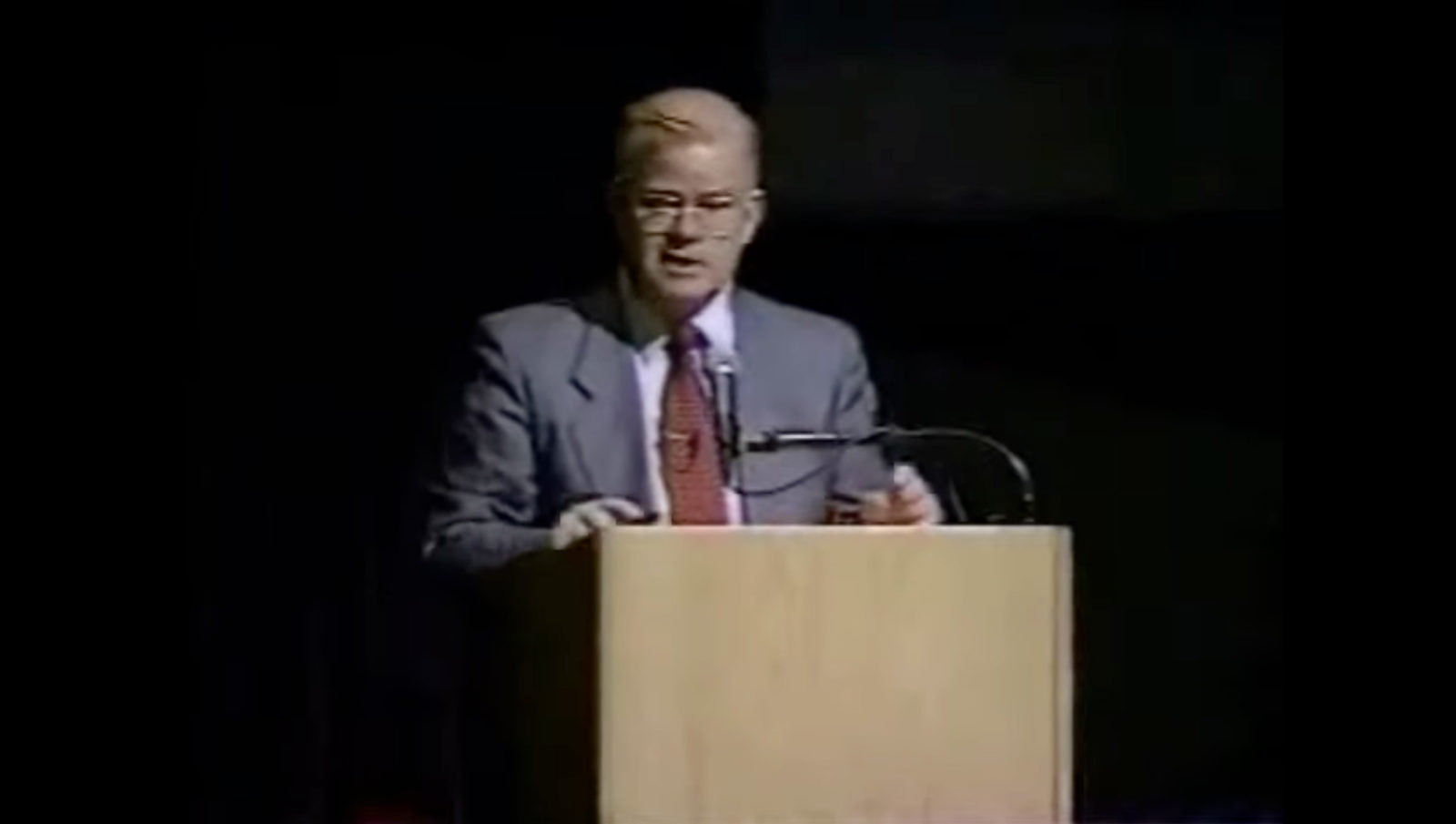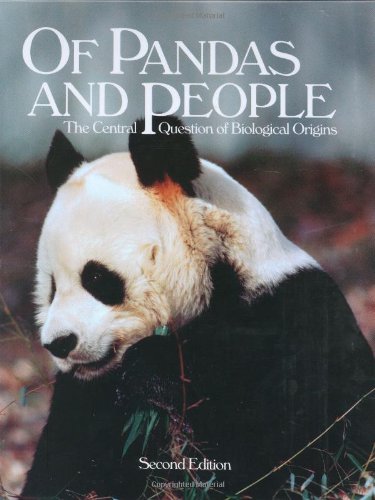


The End of Materialist Science
Simply the thing you are shall make you live. Old Spanish Proverb For the moment, we are all waiting for the gate of time to open. The heroic era of scientific exploration appears at an end, the large aching questions settled. An official ideology is everywhere in evidence and everywhere resisted. From the place where space and time are curved Read More ›

Darwinism: Science or Naturalistic Philosophy?

Open Debate on Life’s Origins
Can scientists change their minds about controversial ideas? Can they reject theories if evidence requires? That may depend upon what theories are at stake. Consider a disturbing case in California involving a distinguished biology professor, Dean Kenyon. A year ago, Kenyon was removed from his biology classroom at San Francisco State University after a few students complained to administrators about Read More ›
The Harmony of Natural Law
In her Dec. 15 letter responding to my December 6th editorial-page piece “A Scopes Trial for the ’90s” Eugenie Scott claims that Prof. Kenyon and I misunderstand the nature of science. What she means, of course, is that we understand it — and its current arbitrary prohibitions — all too well. The Kenyon case underscores a fact that Dr. Scott Read More ›
Danger: Indoctrination
When most of us think of the controversy over evolution in the public schools, we are likely to think of fundamentalists pulling teachers from their classrooms and placing them in the dock. Images from the infamous Scopes “monkey” trial of 1925 come to mind. Unfortunately, intolerance of this sort has shown itself in California in the 1990s as a result of students complaining about a biology instructor. Unlike the original Scopes case, however, this case involves a distinguished biology professor at a major university — indeed, an acknowledged expert on evolutionary theory. Also unlike Scopes, the teacher was forbidden to teach his course not because he taught evolutionary theory (which he did) but because he offered a critical assessment of Read More ›

Danger: Indoctrination

Scientific Correctness in San Francisco
Thinking About the Theory of Design
Introduction: Why Return to a Disreputable Business? Present theological discussions . . . ignore natural theology, and for contemporary linguistic philosophers the Argument from Design possesses no validity whatsoever and is logically and morally indefensible, although it may serve to heighten religious emotions. Meyrick H. Carre“Physicotheology,” The Encyclopedia of Philosophy One wonders what religious emotions the argument from design is Read More ›

Of Pandas and People: The Central Question of Biological Origins
Of Pandas and People gives evidence for intelligent design from origin-of-life studies, biochemistry, genetics, homology, and paleontology. In a unique manner, Of Pandas and People gives the pros and cons of both the biological-evolution theory and the intelligent-design concept. Pandas promotes a widely recognized goal of science education by fostering a questioning, skeptical and scrutinizing mindset. This supplemental biology textbook Read More ›